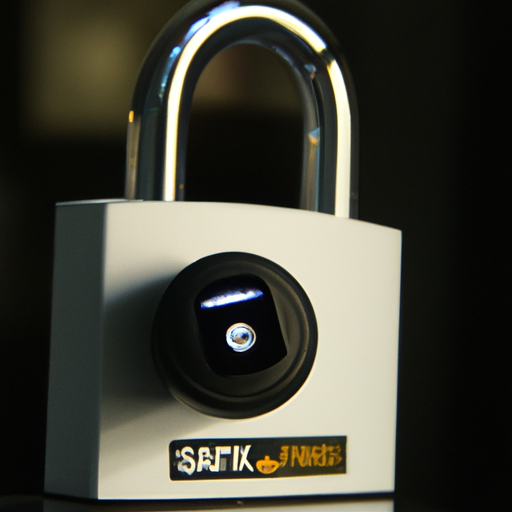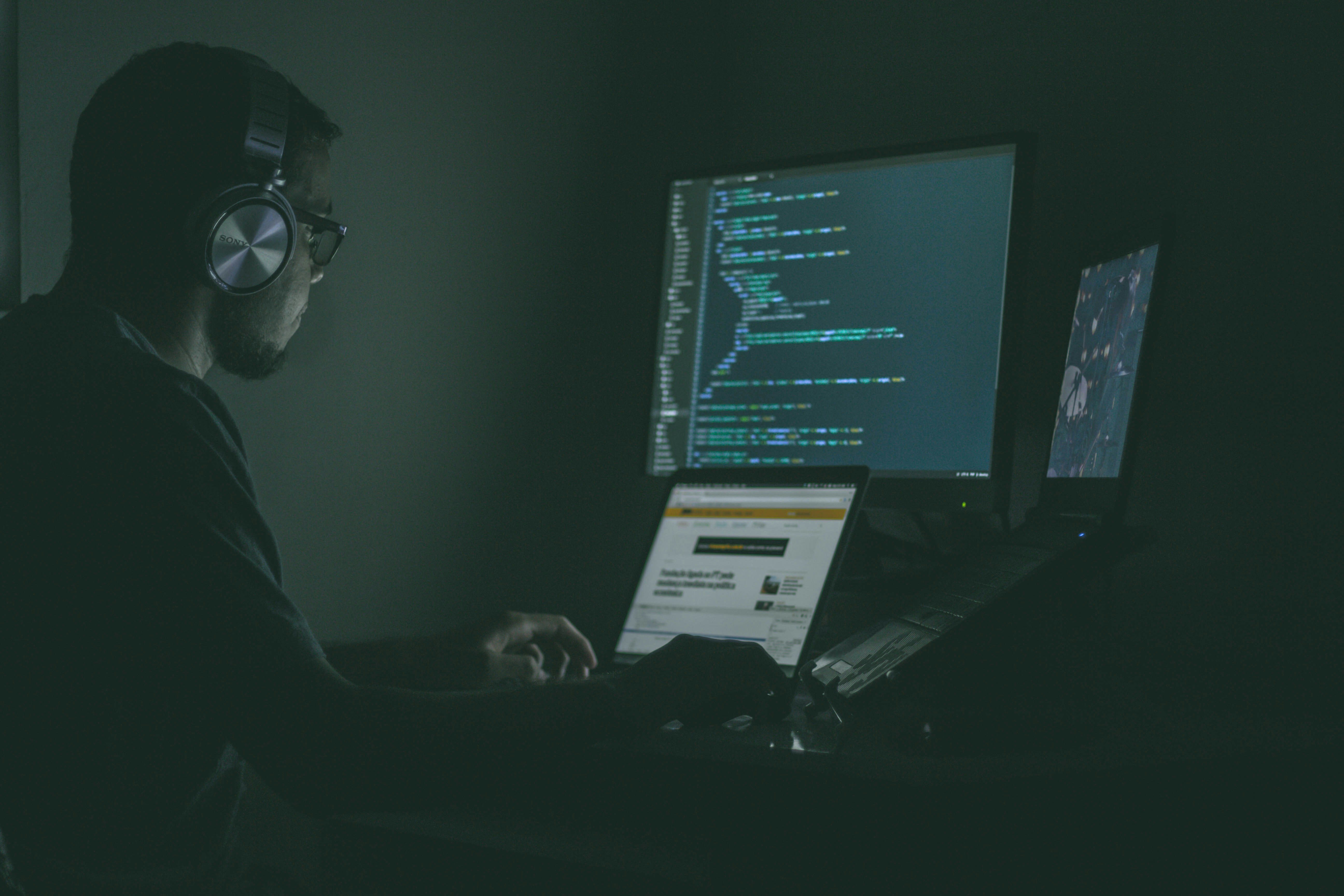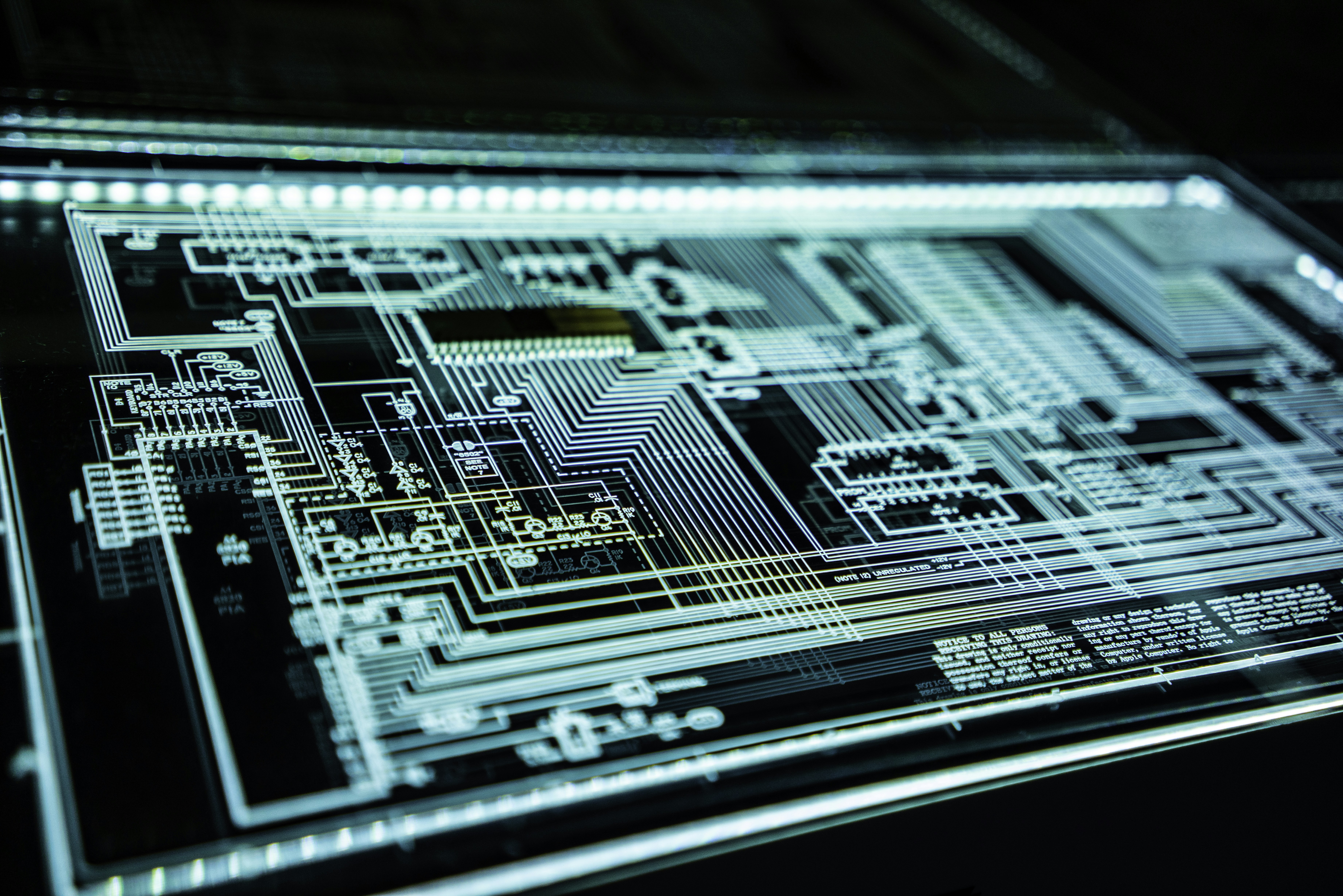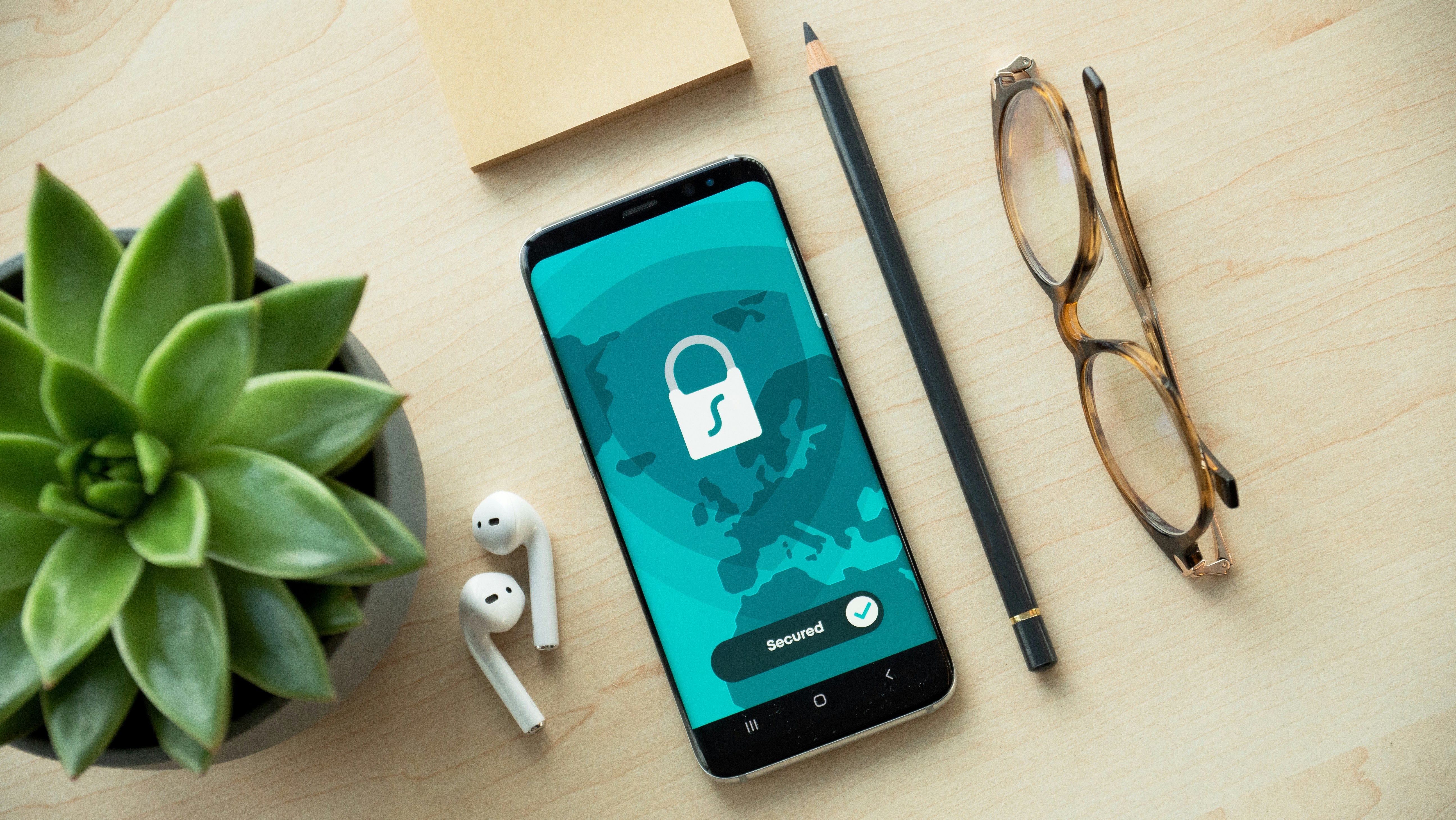
In this article, we will explore various measures you can take to safeguard your security camera from potential hacking attempts. You will learn about the importance of using strong and unique passwords, updating firmware regularly, and securing your home network. Additionally, we will discuss the significance of monitoring access to your camera and implementing additional layers of security. By the end of this article, you will have a clear understanding of how to enhance the protection of your security camera system. In today’s digital age, it’s essential to take steps to protect your security camera system from being hacked. With the increasing prevalence of smart devices and the internet of things, security cameras have become an integral part of our lives, providing us with peace of mind and ensuring the safety of our premises. However, just like any other connected device, security cameras are susceptible to hacking if not properly secured. In this article, we will discuss various measures you can take to ensure the privacy and security of your security camera system.
This image is property of images.unsplash.com.
Ensuring Strong Passwords
One of the simplest yet most effective ways to protect your security camera system from being hacked is by setting strong passwords. Using a combination of uppercase and lowercase letters, numbers, and symbols can significantly enhance the strength of your passwords. Avoid using common or easily guessable passwords such as “123456” or “password.” Instead, opt for unique and complex combinations, as they are much harder for hackers to crack. It is also crucial to regularly update your passwords to ensure maximum security.
Enabling Two-Factor Authentication
Two-Factor Authentication (2FA) is another essential security measure that adds an extra layer of protection to your security camera system. With 2FA, you are required to provide an additional verification method, such as a unique authentication app or email address, to access your security camera system. This means that even if a hacker somehow manages to obtain your username and password, they won’t be able to gain access without the secondary verification method.
This image is property of images.unsplash.com.
Securing Your Network
To ensure the security of your security camera system, it is crucial to secure your network. Start by changing the default username and password on your router, as hackers often target routers with default login credentials. Using a strong Wi-Fi password is another essential step, as weak or easily guessable passwords can provide an entry point for hackers. Additionally, enabling network encryption, such as WPA2 or higher, adds an extra layer of protection to your network.
Updating Firmware Regularly
Keeping your security camera system’s firmware up to date is vital for protecting against security vulnerabilities. Manufacturers often release firmware updates to address these vulnerabilities and improve system performance. Regularly check for and install firmware updates provided by the security camera manufacturer to ensure that your system is running on the latest software version.
This image is property of images.unsplash.com.
Protecting Against Physical Tampering
While digital security measures are crucial, it is equally important to protect your security cameras against physical tampering. Install security cameras in hidden or hard-to-reach areas to minimize the risk of tampering or theft. Additionally, using tamper-resistant mounting brackets and enclosures adds an extra layer of protection, making it difficult for attackers to tamper with or disable the cameras. Regularly inspect your cameras for any signs of tampering and take immediate action if any issues are identified.
Securing Access Points
Securing access points to your security camera system is essential to prevent unauthorized access. Start by closing unnecessary network ports that are not required for the functioning of your system. Additionally, disabling the Universal Plug and Play (UPnP) feature helps prevent potential vulnerabilities that could be exploited by hackers. It is also recommended to use a firewall to block unauthorized access attempts and protect your network from external threats.

Keeping Software and Apps Updated
Keeping all your devices up to date with the latest software and apps is crucial for maintaining the security of your security camera system. Regularly update the operating systems on your computers and mobile devices to ensure that you have the latest security patches. Furthermore, it is essential to regularly update the software for your security camera system and any associated mobile apps, as these updates often include security enhancements and bug fixes.
Protecting against Remote Access Risks
Remote access to your security camera system can be convenient, but it also introduces potential security risks. To protect against these risks, it is important to create separate user accounts with restricted access rights. This ensures that each user has access only to the necessary features and settings. Additionally, it is advisable to disable remote access when not needed, as remote access provides another potential entry point for hackers. Finally, always use secure and encrypted connections, such as HTTPS/SSL, when accessing your security camera system remotely.

Regularly Monitoring and Auditing
Regularly monitoring and auditing your security camera system is crucial for detecting and preventing any unauthorized access or suspicious activity. Review the access logs and camera activity regularly to ensure that there are no unauthorized access attempts. Setting up alerts for suspicious activity can help you quickly respond to potential security breaches. It is also important to conduct regular audits of your security camera system to identify any vulnerabilities and address them promptly.
Conclusion
In conclusion, protecting your security camera system from being hacked is of utmost importance to ensure the privacy and safety of your premises. By following these security measures – ensuring strong passwords, enabling two-factor authentication, securing your network, updating firmware regularly, protecting against physical tampering, securing access points, keeping software and apps updated, protecting against remote access risks, and regularly monitoring and auditing – you can significantly minimize the risk of your security camera being hacked. Stay vigilant and take proactive steps to secure your security camera system against potential threats. Remember, your security and peace of mind are worth the extra effort.


